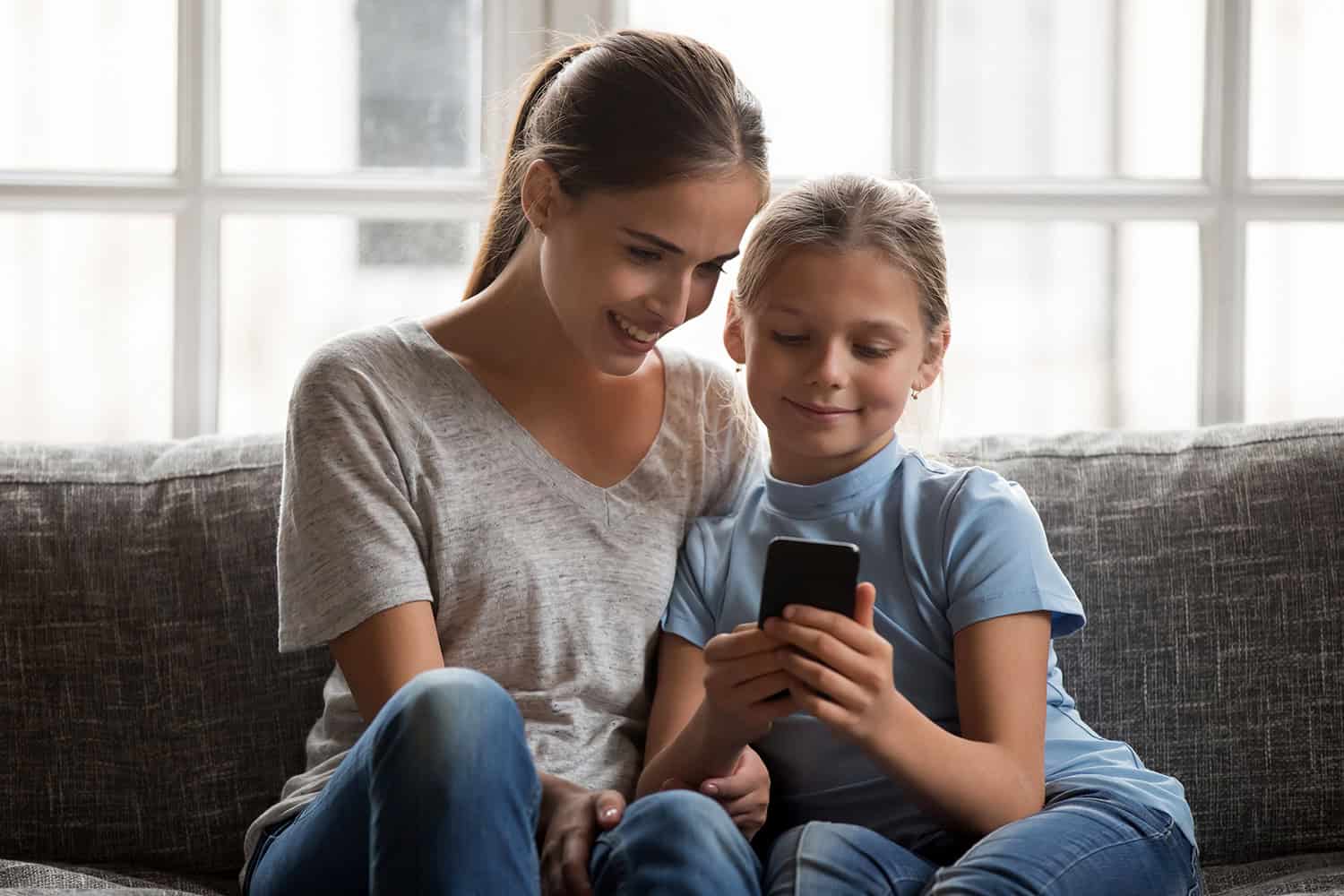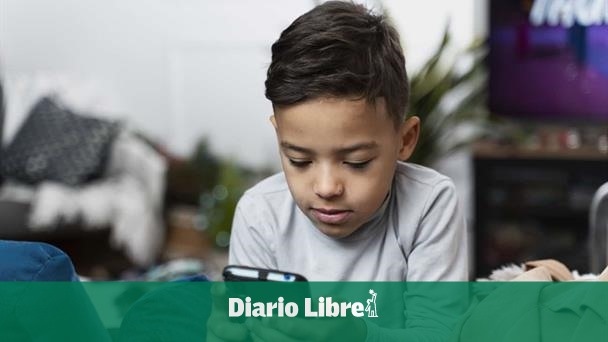What is childhood nomophobia?

In times when cell phones seem like an extension of the body, childhood nomophobia has become a topic of concern for mental health specialists , who say that recognizing it is the first step towards conscious support that allows balancing the relationship between childhood and technology.
The fear of being without a phoneThe term nomophobia comes from the English phrase "no mobile phone phobia." It describes the excessive fear of being without a mobile phone. Although it was previously associated with adults and teenagers, it is now beginning to appear at increasingly younger ages.
Warning signs in children include intolerance of screen-free time, distress if their phone is turned off, or interrupting sleep to search for their phone in the middle of the night. Other children show irritability when there is no signal or battery, or persistently ask where their device is.
"The visual and auditory stimulation that children receive from cell phones directly affects their brains, since these are rapid stimuli that they cannot understand, process, or retain information adequately due to their immaturity," explains Anayeli Pérez , a clinical psychologist and neuropsychology specialist.
"This search for immediate gratification is related to the generation of dopamine , the substance that makes us happy, and cell phone use increases its production, producing a placebo effect ; contrary to not using a cell phone, behaviors and conduct are altered due to the lack of immediate gratification ," he adds.
That feeling of anxiety when you don't have your phone handy goes beyond the simple desire to play games or watch videos. According to specialists , it can lead to anxiety disorders, attention deficit, behavioral problems, social isolation , and poor academic performance .
Among the most common consequences are :
- Anxiety and intense emotional reactions : even without showing it openly, the child may feel distress or fear of "missing out," a phenomenon known as FOMO (Fear of Missing Out).
- Difficulty concentrating: attention is fragmented between the real environment and the expectation of any notification.
- Social isolation: the face-to-face bond weakens, giving way to a " parallel life " in the digital environment .
- External validation: some children begin to define their personal value according to the visibility or approval they obtain online.
- Related addictions: compulsive cell phone use can open the door to other emotional or behavioral dependencies .
A UNESCO report warns that during the pandemic, screen time increased by an average of 50 minutes per day for children aged 3 to 8. According to Pérez, this prolonged exposure "causes children to compare themselves to what they see on social media, affecting their self-esteem and disconnecting them from their own selves."

Parental control isn't about prohibiting, but about educating and providing purposeful guidance . Cell phones shouldn't be seen as boxes of endless entertainment, but as tools that require guidance, boundaries, and positive role models.
These are some strategies recommended by specialists to support them correctly:
- Early detection: observing reactions and emotional changes helps to identify invisible signs of dependency .
- Digital education: teaching children the purpose and risks of cell phone use, adapted to their age.
- Encourage social interaction : promote games, outdoor activities , and screen-free family routines.
- Professional support: seek psychological help if you experience persistent signs of anxiety or isolation .
- Parental training: learning about nomophobia in children and modeling responsible technology use at home.
"A comprehensive approach to children requires a strong commitment from us adults. Being vigilant about their development in early childhood in relation to technology and addressing any abnormal signs is part of raising children with purpose in their psychological and social growth."
"The call is to be patient and accompany them in an increasingly digital reality," concludes psychologist Pérez.
TOPICS -
Diariolibre





